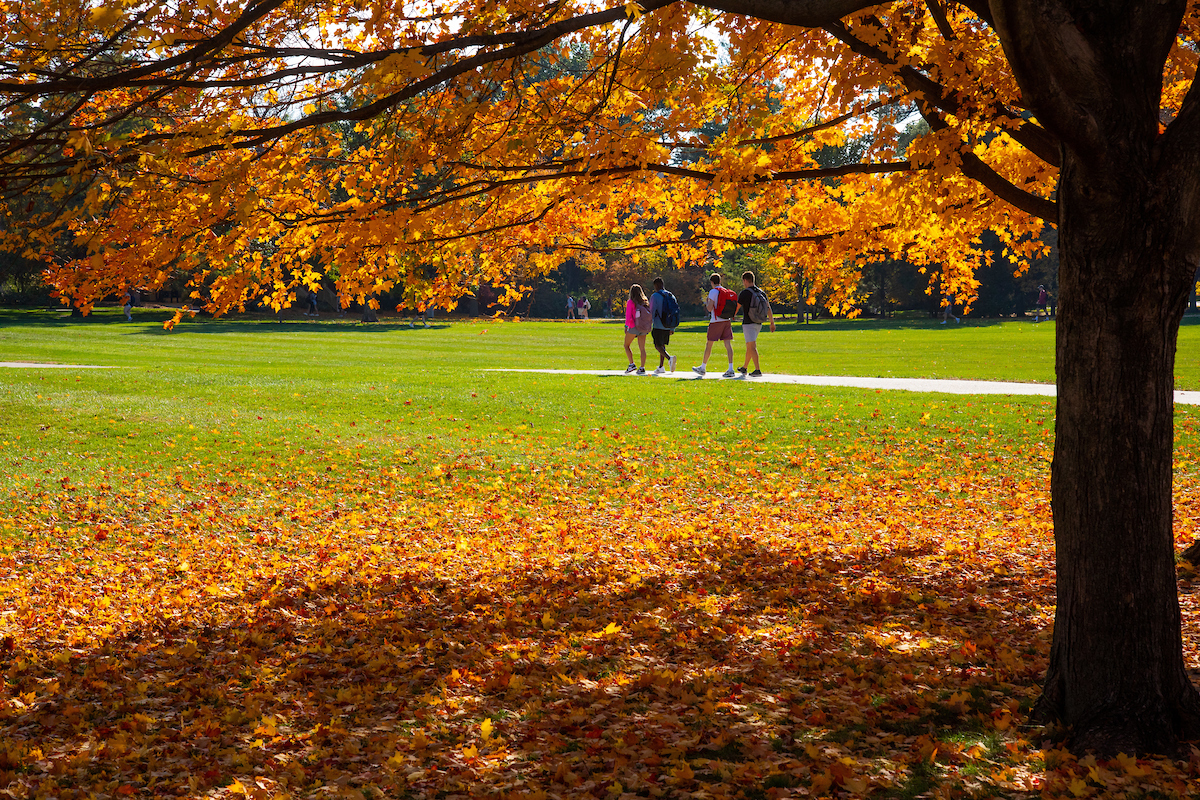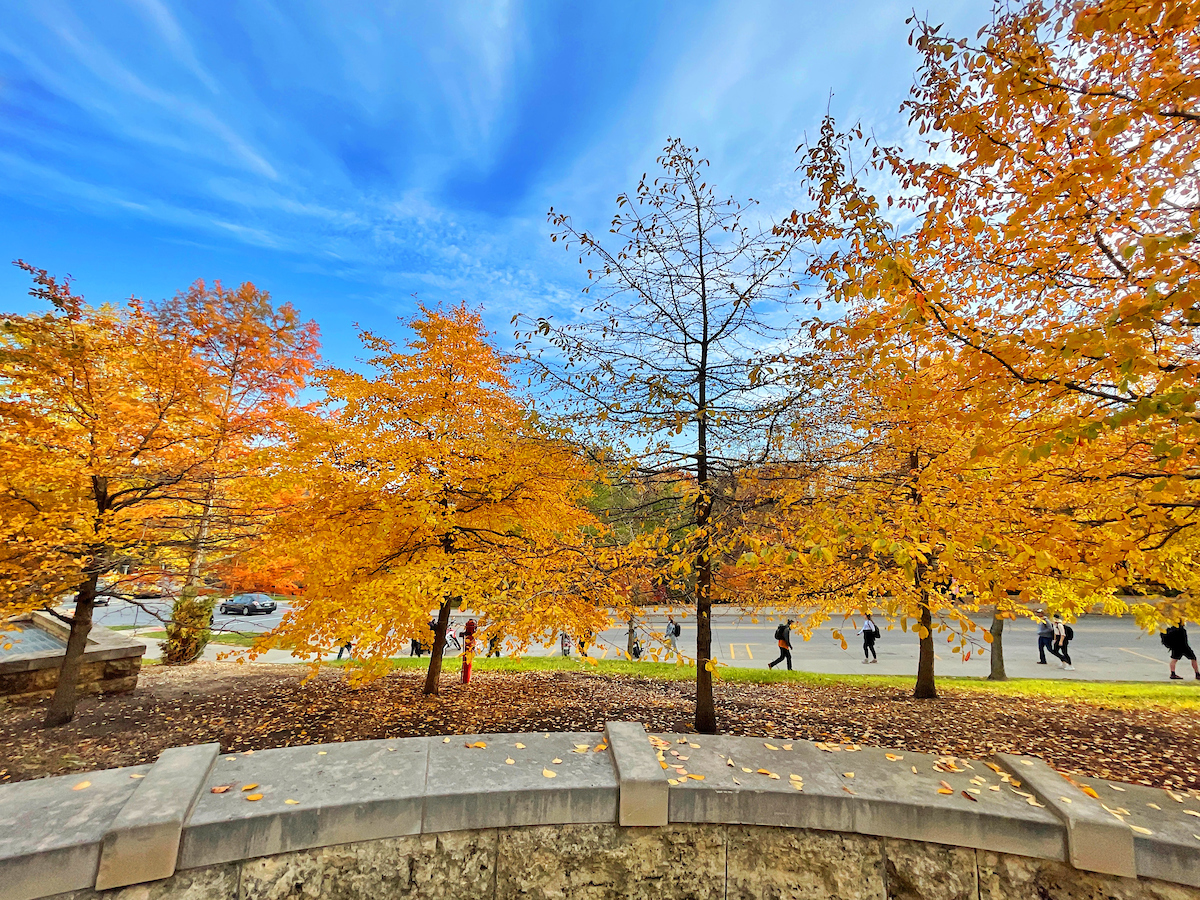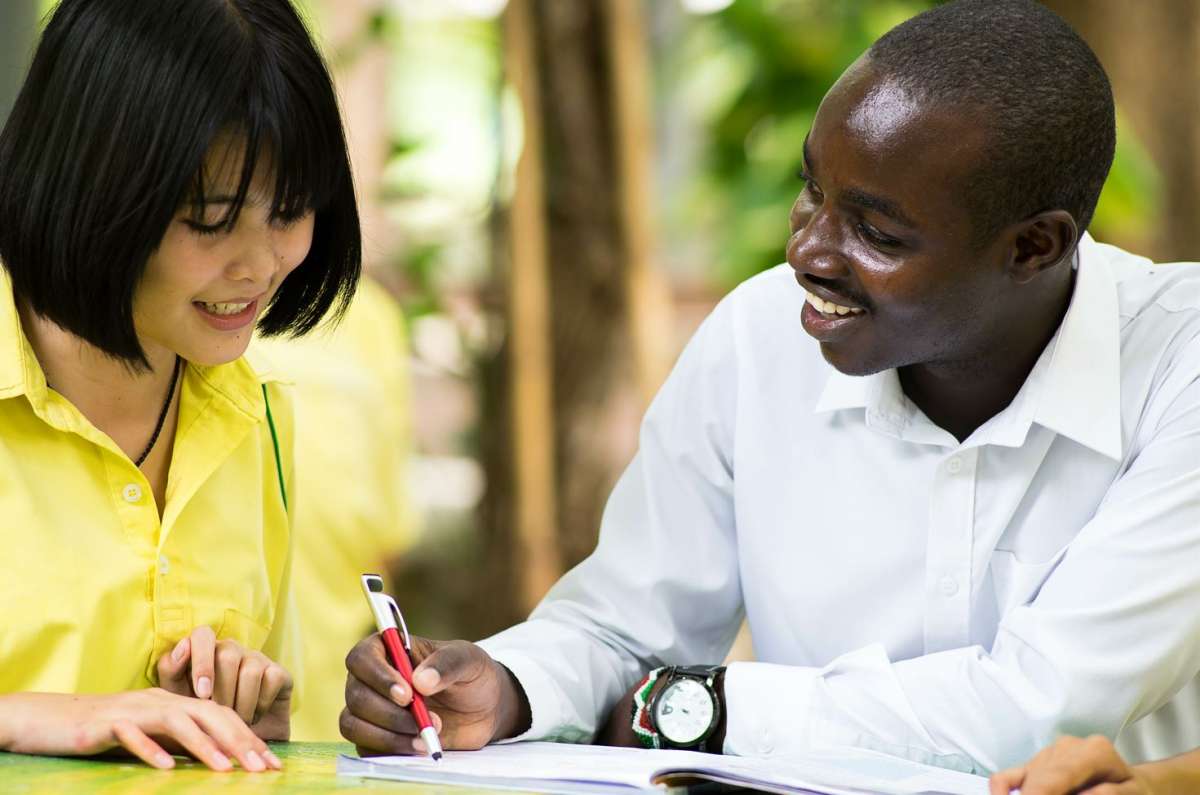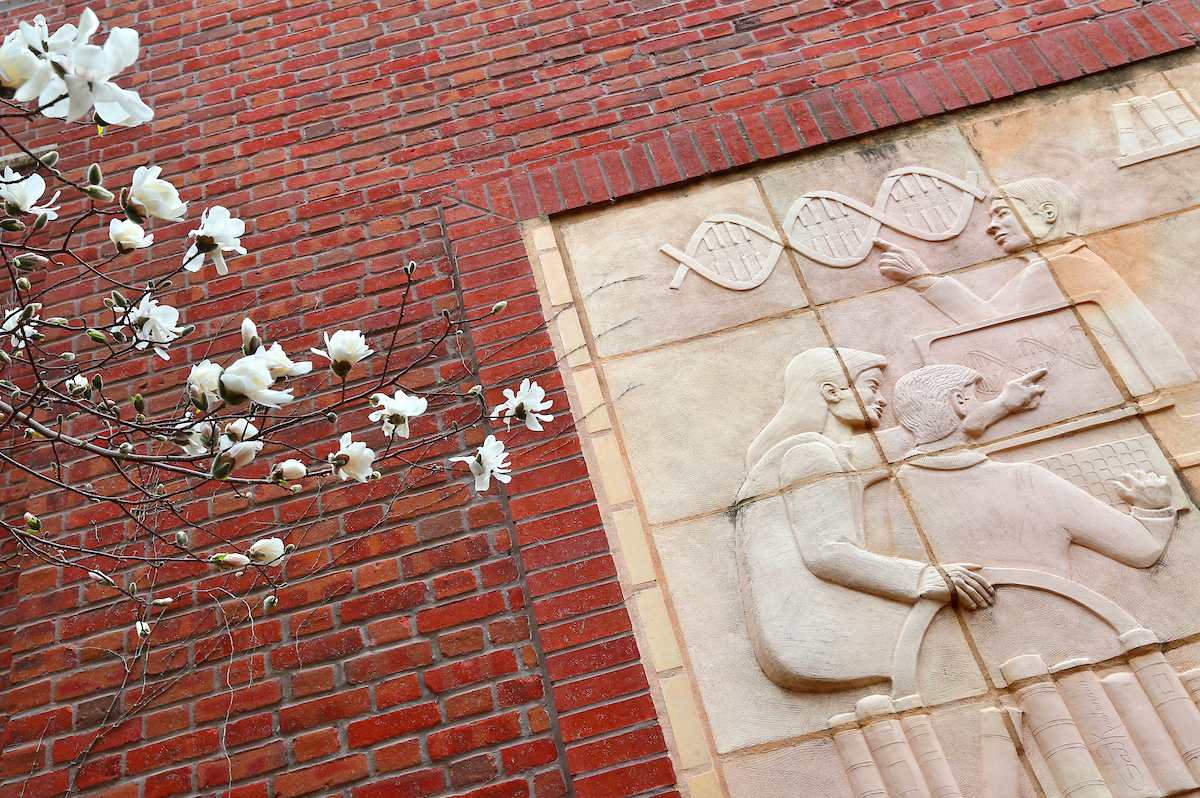Faculty and Staff Collaboration and Opportunities:
Pioneering Research: Imagine being at the forefront of groundbreaking research! Iowa State’s Graduate College is a hub of innovation, where faculty and staff collaborate on cutting-edge projects. From sustainable energy solutions to life-changing medical breakthroughs, you’ll be part of shaping the future.
Global Impact: Iowa State’s reputation extends far beyond campus borders. Our faculty members are internationally recognized experts in their fields. Joining this community means contributing to global conversations, influencing policies, and making a tangible impact on society.
Collaborative Community: At Iowa State, we believe in the power of collaboration. Whether it’s brainstorming with colleagues, mentoring students, or participating in interdisciplinary teams, you’ll thrive in an environment that values teamwork and shared success
Lifelong Learning: As a member of the Graduate College, you’ll have access to continuous learning opportunities. Attend workshops, conferences, and seminars. Engage with thought leaders. Expand your horizons and stay intellectually curious.
Your Legacy: Joining Iowa State isn’t just about a job; it’s about leaving a lasting legacy. Shape the next generation of leaders, contribute to cutting-edge research, and inspire others to dream big.





